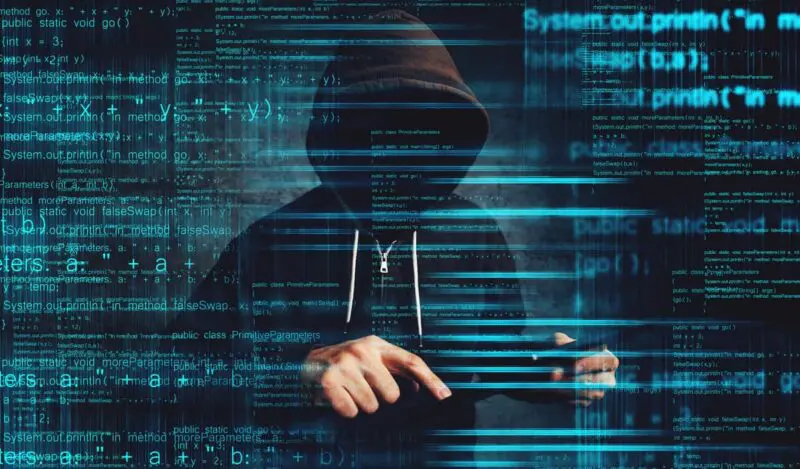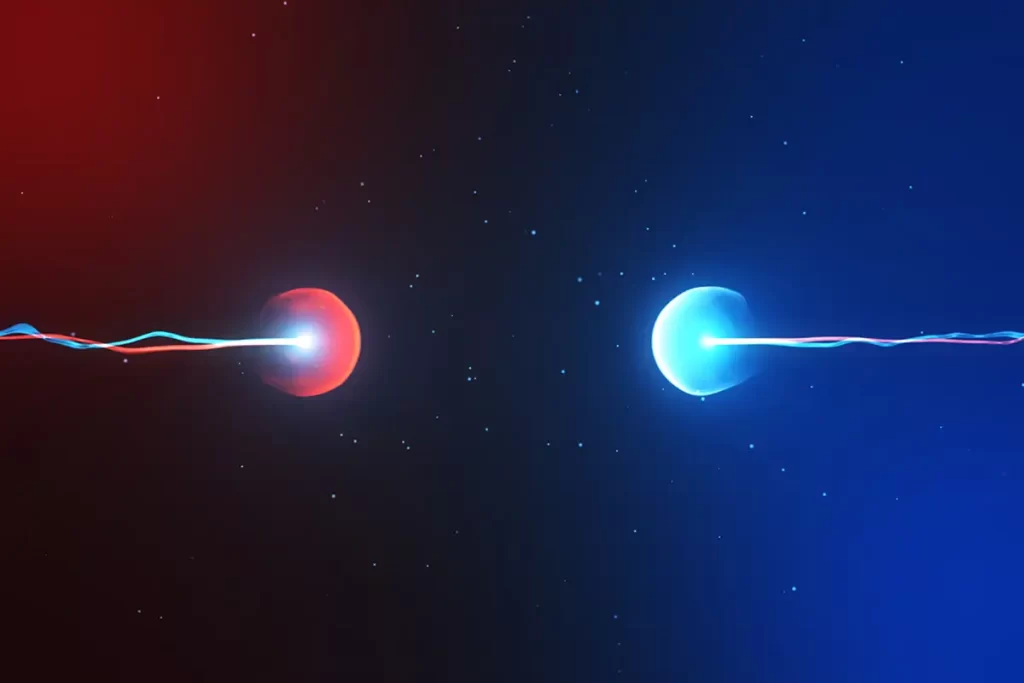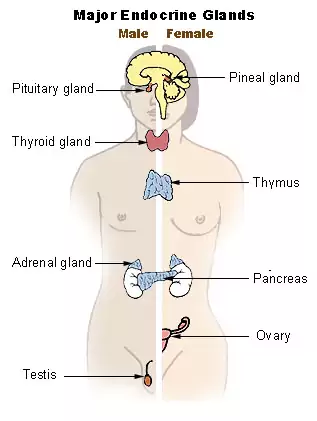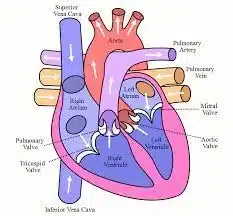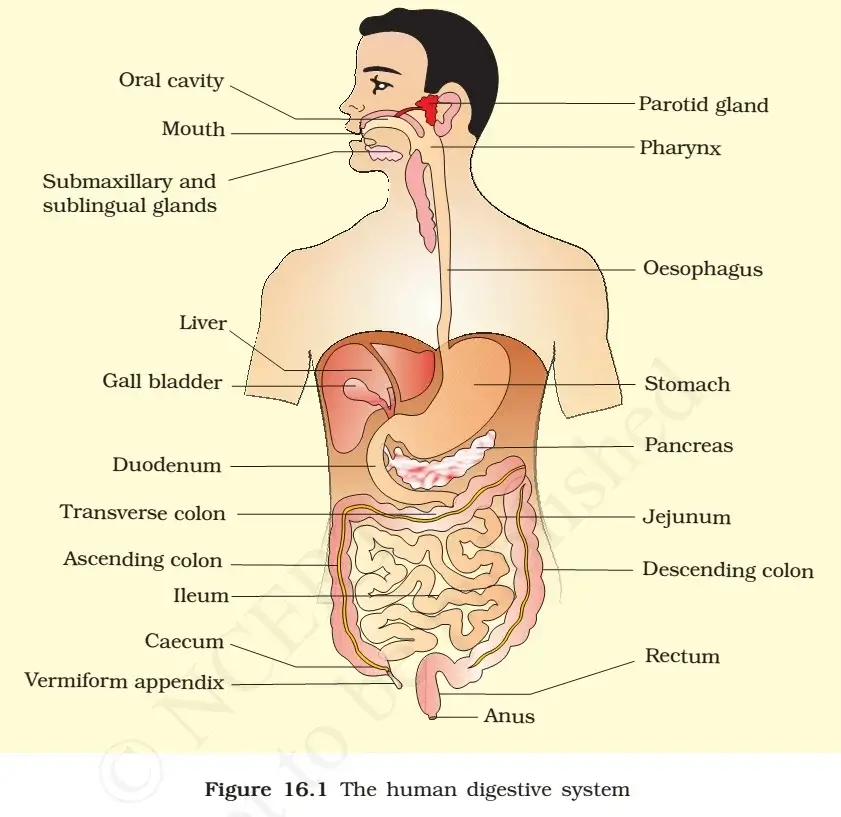Types Of Covid-19 Testing
Hello Everyone, Do you want to know, the pros and cons of different methods of covid-19 testing? Why RT-PCR is gold standard? What are the problems with antibody test? Why antigen test gives false negative? Then, read this article for easy understanding of all the above points.
Why so much focus on testing?
Testing is the only way to know the accurate status of the pandemic. Testing is essential to see who, why, where, and how many are infected by the coronavirus.
Different types of tests are:
There are two frontline test to detect the Covid-19 virus:-
- Molecular (RT-PCR) Tests:- which detect the virus genetic material
- Antigen Tests :- detect the specific proteins on the surface of the virus.
others are : Antibody test, TrueNAT test.
Full form of RT-PCR test : Reverse transcription polymerase chain reaction test.

RT-PCR is the “gold-standard” frontline test. Why?
Because it gives most accurate result than all other tests. If this test is administered properly than we can get 100% accurate result.
The RT-PCR test starts with a simple swab taken from inside a person’s throat or nose. Coronaviruses have RNA or ribonucleic acid as their genetic material. However, swabs from patients yield only a tiny quantity of RNA, which is not adequate for the testing process.
To overcome this problem, the RNA — a single-strand molecule — is converted into a two-strand DNA using an enzyme. This is known as reverse transcription.
The test detects the virus’s RNA, which will be present in the body before antibodies form or symptoms of the disease are present, and tells whether or not someone has the infection very early on.
PROCESS:
- A sample is collected from deep inside your nose and the back of your throat with a swab.
- The sample is then treated with chemical solutions that remove proteins and fats, leaving only the RNA present in the sample.
- The sample is then sent to the laboratory for analysis where an RT-PCR machine is used to detect the virus.
- While RT-PCR can detect the virus in asymptomatic persons, the tests do present a false negative in about 30 per cent of cases(if it was not administered properly).
- Patients are, therefore, tested twice before being confirmed as non-infectious.
TIME : laboratories take on average between six and eight hours.
Rapid Antigen Tests
- Like RT-PCR, the rapid antigen detection test too, seeks to detect the virus rather than the antibodies produced by the body.
- The test is reliant on the amount of virus, or the viral load, in a nasal swab.
- An antigen refers to any toxin in the body that triggers an immune response.
- These tests are designed to detect a specific protein in the virus that elicits the body’s immune response.
- In the case of Covid-19, it is the ‘spike protein’ present on the surface of the coronavirus that facilitates its entry into the human cell.
- For this test, professionals collect a nasal swab, which is then immersed in a solution that deactivates the virus.
- A few drops of this solution are then put on a test strip. This has to be done within an hour of the immersion of the swab in the solution.
- The test strips contain artificial antibodies designed to bind to coronavirus proteins.
- If a person is infected with coronavirus, the test lines will appear on the paper strips within 15 minutes.
- Since antigen testing does not involve any amplification process, swab samples may lack enough antigen material to be detectable. This may result in false negative tests.
- For this reason, if a person tests negative through antigen testing, they still need to get an RT-PCR test done for confirmation.
- If a person tests positive, however, a confirmation RT-PCR is not required.
- The advantage of using this test is that it reduces the burden of relying on just RT-PCR tests to identify Covid-19 patients.
- It is a point-of-care test that is performed outside the conventional laboratory setting, and is used to quickly obtain a diagnostic result.
TIME : For antigen tests, the maximum duration for interpreting a positive or negative test is 30 minutes. ICMR has allowed the use of antigen detection kits developed by the South Korean company S D Biosensor, which has a manufacturing unit in Manesar. Each kit costs Rs 450.
Rapid Antibody Tests
- Antibody tests, also known as serological tests, detect whether a person has antibodies to the virus.
- Antibodies are naturally produced by the body’s immune system to fight off infections. Antibody tests cannot be used to diagnose Covid-19, but can reveal whether a person was recently exposed to the virus.
- Persons with antibodies in their bloodstream are likely to have immunity to the disease, although scientists are still not sure how long Covid-19 antibodies offer protection from the infection.
- For the antibody test, trained professionals collect a few drops of blood. The sample is placed on a cassette or cartridge that contains the SARS-CoV-2 proteins.
- If the blood samples contain antibodies, they will immediately bind to the viral proteins. The positive result is indicated in the form of lines, like a home pregnancy test.
- Antibody tests can be of different types. One of the tests, known as Enzyme-Linked Immunosorbent Assay (ELISA), which is designed specifically for screening large numbers of specimens at a time, is suitable for detecting the spread of the disease in a large population within a short span of time.
- Antibody tests can be useful to carry out surveys to check whether a population has been exposed to the virus. These are currently only being used for research and surveillance purposes.
- This test can not be used as frontline test because it detects antibody and antibody of a person is developed only after a week of infection.
- So it may be possible that a person is infected but still shows negative report because the antibody at that time not developed in his body.
It shows false positive results. But, why?
- Because antibody tests may detect coronaviruses other than SARS-CoV-2, such as those that cause the common cold.
- When testing is done in a population without many cases of COVID-19 infections. These types of tests work best in populations with higher rates of infection.
So it should be used as sero-surveys on workers who have returned from other states, those who live in dense settings, people in containment zones, police and paramilitary personnel, among others.
PROCESS: Rapid antibody testing involves taking a blood sample from the finger and putting it in a testing template. The blood is then examined for two types of antibodies — IgM(immunoglobulin M) antibodies, which appear early in an infection, and IgG (immunoglobulin G) antibodies, which are more likely to show up later.
TIME : Antibody tests can give results in 20-30 minutes.
TruNat tests
TruNat test, commonly used for detecting tuberculosis and HIV, works on the same principle as RT-PCR, but with a smaller kit, and produces faster results. ICMR recently approved TrueNat, manufactured by a Goa-based company, for screening and confirmation for Covid-19.
PROCESS:
- A TrueNat machine is chip-based, small and portable, and mostly runs on batteries. It detects the virus in nasal or oral swabs. The machines are equipped to detect the RdRp enzyme found in the virus RNA.
- TrueNAT is an indigenously developed, portable version of CB-NAAT or Cartridge Based Nucleic Acid Amplification Test, also known as the Genexpert test. Both these tests were initially developed for testing tuberculosis.
- While both versions are cheaper and quicker than RT-PCR tests, TrueNAT is battery operated and portable, while CB-NAAT machines need an uninterrupted power supply and air conditioning, and hence cannot be deployed in containment zones.
TrueNAT testing kits are priced at Rs 1,200.
TIME : The TruNat test provides results within 60 minutes.
Also refer :

